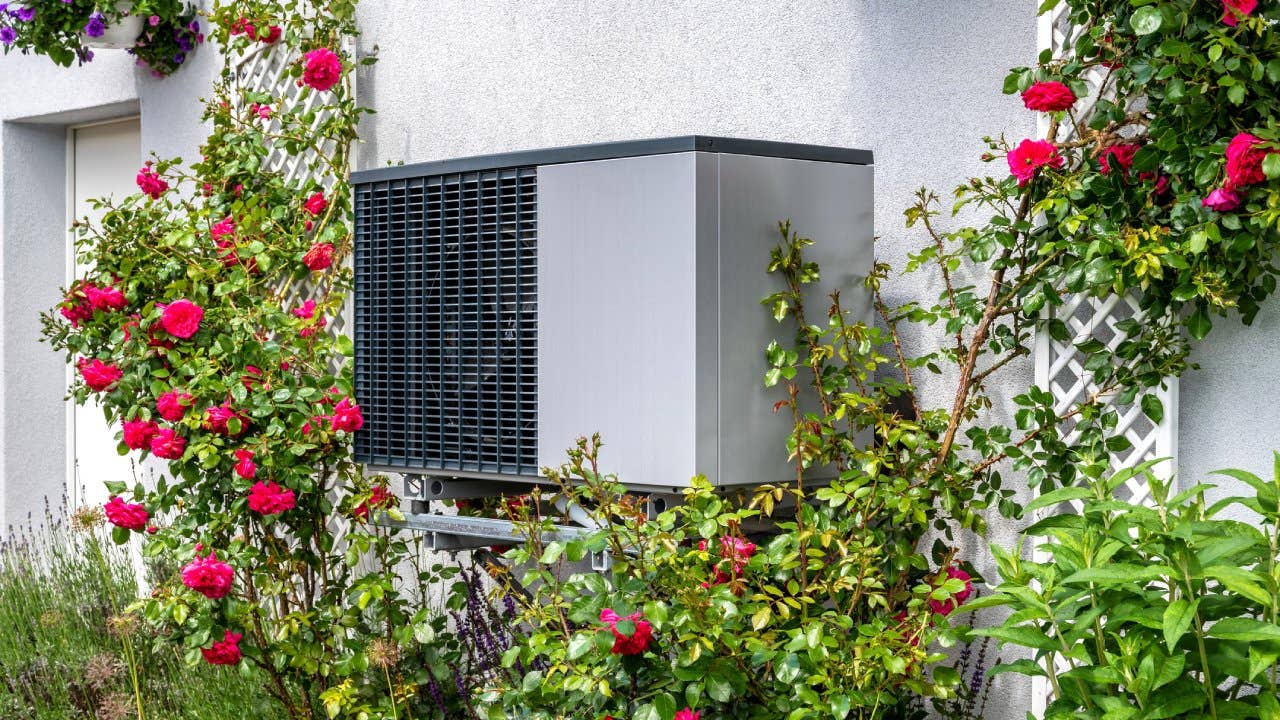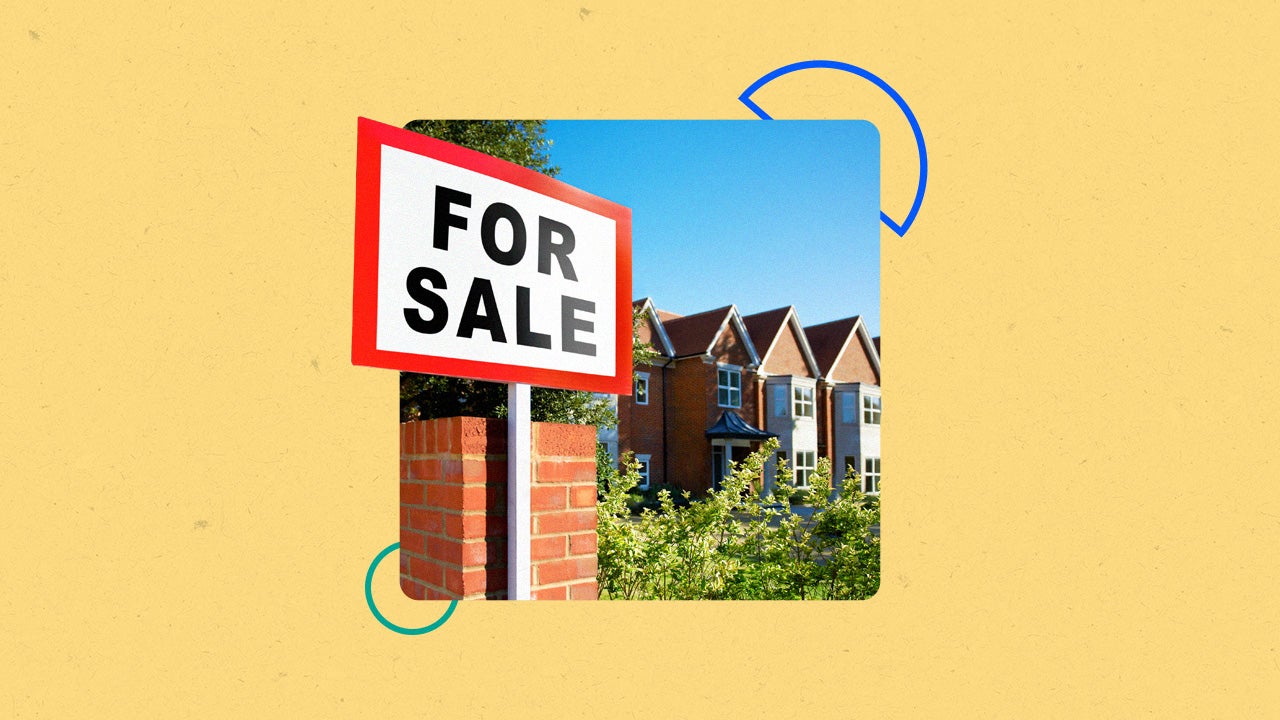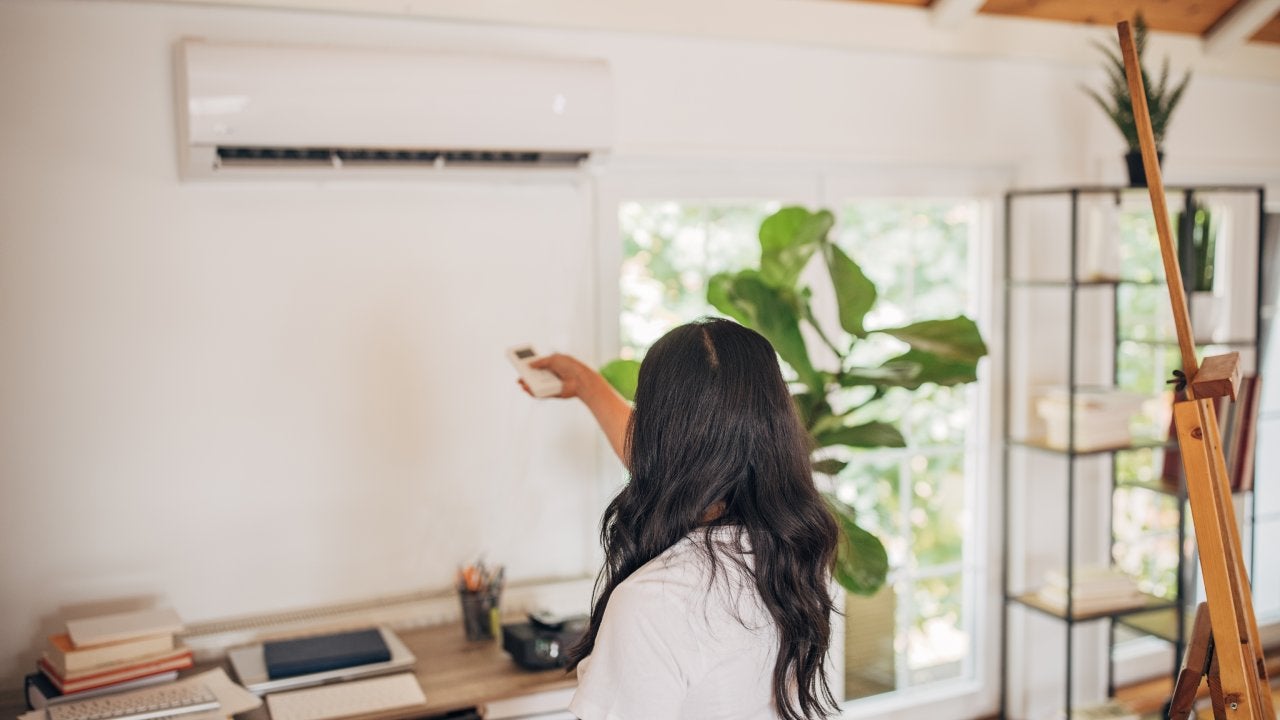What is a heat pump?




How would you like to have a device that simultaneously heats, cools and reduces the humidity in your home, lowers your energy bills, and is better for the environment?
It’s called a heat pump. And use of it is heating up. Heat pumps have been steadily growing in residences around the world, increasing nearly 10 percent annually over the last five years, according to a November 2021 report by the International Energy Agency.
On August 16, 2022, President Biden signed the Inflation Reduction Act into law, which includes significant tax credits for installing heat pumps. Residential homes that use a new heat pump are eligible for a 30 percent tax credit on the cost of the install, with a maximum credit of $2,000. The law also provides grants to states and Tribal Councils to provide rebates of up to $8,000 to purchase and install heat pumps to low and middle-income households.
In the U.S. heat pumps are now being installed in 40 percent of new single family homes and 50 percent of multi-family properties. Should your home be one of them? Here’s what to consider about heat pumps.
How does a heat pump work?
A heat pump is a type of HVAC (heating, ventilation and air conditioning) system, like a furnace or air conditioner. However, it’s unique in that it performs both heating and cooling functions.
Heat pumps are powered by electricity. They use a circulating structure of a compressor and liquid, air, or ground source to move heat from one area to another — taking it from outdoors and then pumping it indoors, and vice versa. No matter what the external temperature is, a heat pump can find heat located in the earth, water or air, compress it, and push it into the interior when the weather’s cold. When the weather’s hot, it does the opposite, transferring internal heat to the outside. This compression-and-exchange method serves to warm up a house in winter and cool it down in summer.
Because it gathers and transfers heat rather than generates heat, a heat pump uses less energy — 30 to 60 percent less energy than traditional HVAC methods, according to the U.S. Dept. of Energy.
While it treats the interior, a heat pump is actually installed outside of a home; some varieties also include a small, wall-mounted unit inside.
Types of heat pumps
Heat pumps fall into three basic categories.
- Air-source heat pump: The most common type. It transfers heated air between indoors and outdoors via a duct system. There are also ductless types called mini-split heat pumps, good for individual rooms. One special variety, a reverse cycle chiller, generates hot and cold water rather than air, and can be used with heated floor systems.
- Geothermal heat pump: AKA a ground heat pump, this highly efficient variety redistributes heat from a nearby water source or the earth itself. Since it takes advantage of fairly consistent ground or water temperatures, this type tends to be more reliable, though it does cost more to install.
-
Absorption heat pump: Also referred to as a gas-fired heat pump, this new kid on the block can use a greater variety of heat sources, including natural gas-, and geothermal- or steam solar-heated water to move air in and out of the home.
What do heat pumps cost?
Heat pumps cost a few thousand dollars on average, typically around $3,500 to $10,000. The wide range in costs reflects the type of system you choose — for instance, geothermal heat pumps tend to cost more due to the need for ground excavation — the size (in tons) of pump you need (reflecting your home’s size), and whether you want to install ductwork or not.
| Line Item | Price Range |
|---|---|
| Source: Angi | |
| Heat Pump (Unit Only) | $100 – $2,800 |
| Labor, Permits, Supplies | $1,125 – $3,125 |
| Ductwork | $3,000 – $5,000 |
| Heat Pump and Ductwork | $12,000 – $25,000 |
What are the advantages of heat pumps?
There are a lot of benefits to using heat pumps.
- Lower energy costs: Because they eat less energy, installing a heat pump lowers your electricity use, and thus your utilities bills. How much you’ll save varies, depending on your old source, but it can run in the range of $815 to $1,287 annually, according to the site CarbonSwitch.
- All-in-one: No need for separate heating and cooling systems: heat pumps function as both furnaces and air conditioners, and dehumidifiers too.
- More eco-friendly: Heat pumps use clean and renewable energy sources, not fossil fuels. So they can greatly reduce your home’s carbon footprint.
-
Potential tax credits: Potential tax credits and rebates: Heat pumps qualify for federal tax credits of up to 30 percent of their cost through 2032, 26 percent for 2033 and 22 percent for 2034. Depending on your location and income, you may be eligible for state rebates of up to $8,000 as well.
What are the disadvantages of heat pumps?
Heat pumps have their drawbacks, too.
- Higher upfront cost: Even though you may save in the long run, there tends to be a high initial cost to purchase and install a heat pump system — higher potentially than traditional HVAC methods. It also means it could take a while before your energy savings offsets your upfront investment.
- Harder to install/maintain: In most cases, you’ll need to hire a professional to install your heat pump system. You may also need to pay for a permit, especially for a geothermal system. Some heat pumps need to have their filters changed often.
-
Inefficient in extreme cold: Heat pumps got their start in milder climates, and though the technology has advanced, they can work less efficiently or even stop working in long periods of extremely cold (sub-freezing) weather. Many homeowners in such areas install backup systems — such as a furnace.
Are heat pumps worth it?
If you’re interested in a more eco-friendly way to control the temperature in your home and plan on staying for the long term, a heat pump could be worth the investment. And it definitely will be an investment, especially if you are retrofitting one in an existing home. Once installed, though, it can save money, energy, and the environment.
A heat pump may not make financial sense if you move out of the home before you’re able to recoup the costs (heat pumps generally last about 15 years). It may also be impractical if you need to install a lot of ductwork, or if you live in a long-winter climate — unless you’re willing to supplement it with another source, or spring for a geothermal or other advanced system.
But if it does make sense, now’s the time to start planning, especially with the Inflation Reduction Act credits going into full effect for the 2023 tax year. Contact your state’s energy office to see when the rebate of $8,000 will be available.
You may also like

What is deferred interest and is it worth it?

What is the MLS, and how does it work?

What is crypto lending and how does it work?

What’s a through-the-wall air conditioner?

